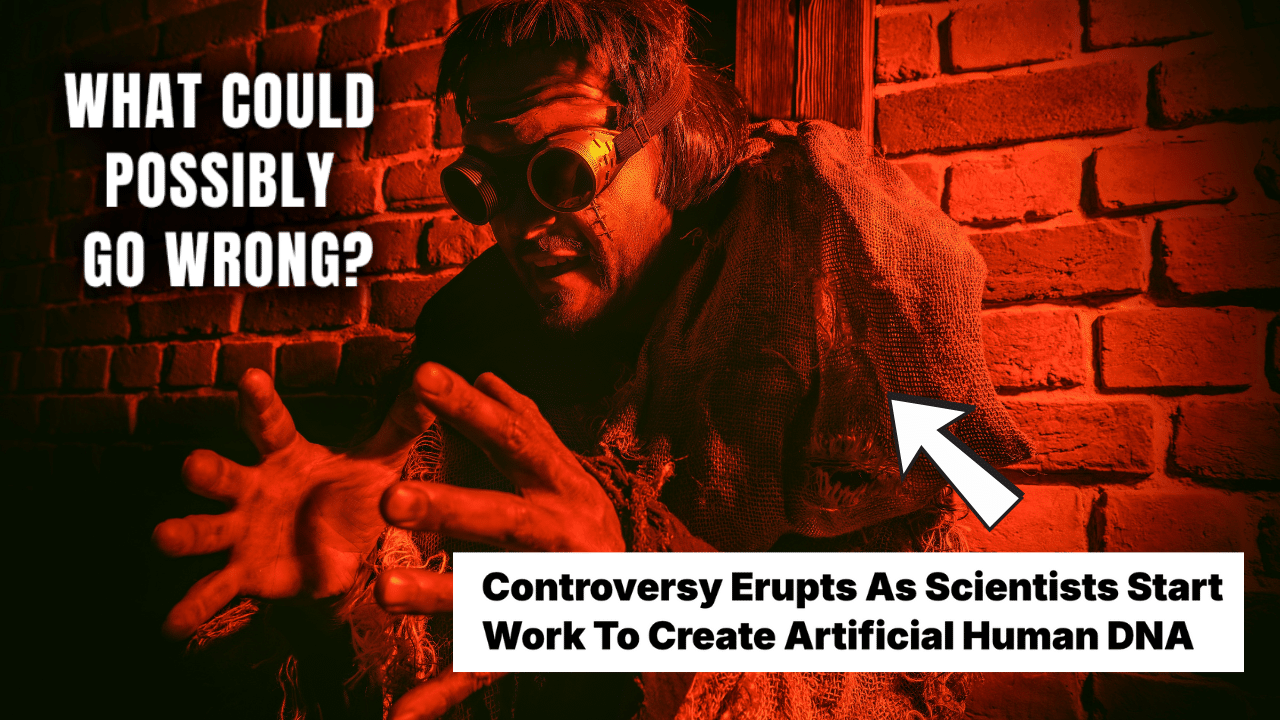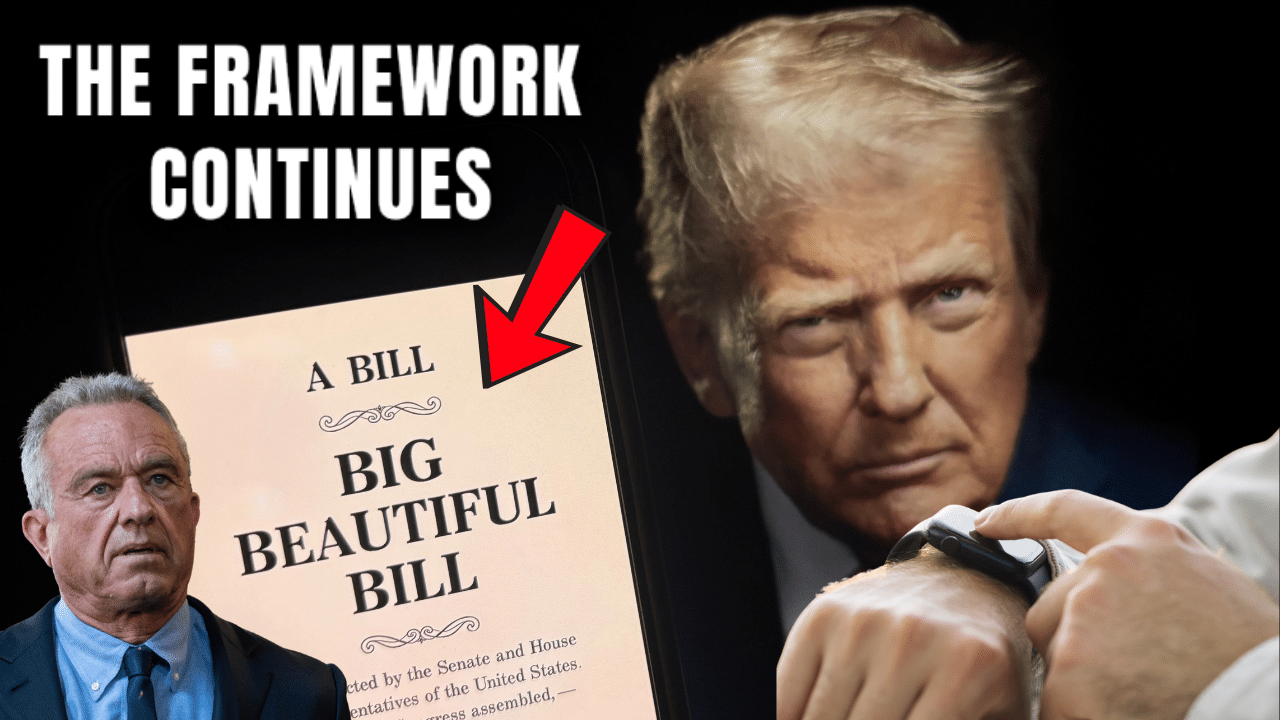As she watched the conflict in Israel and Gaza unfold this fall, 17-year-old Asmmaa Zaitar finally had enough. She decided to organize a protest in support of the Palestinian cause in a very unlikely place — a courthouse in Huntsville, Ala.
Initially, Zaitar, a second-generation Palestinian American, was terrified that no one would show up. Zaitar knew it was a conservative town better known for divisive debates over Confederate monuments than for protests against a war overseas.
But as the rally began, dozens of fellow Muslims, including women wearing headscarves, trickled into the town square in late October carrying signs decrying Israel’s invasion of the Gaza Strip.
Local media showed up, and Zaitar knew she had succeeded in connecting her city — and its growing Muslim population — to a conflict halfway around the globe.
“People now know there is a Palestinian voice in this city,” said Zaitar, a student at the University of Alabama at Huntsville. “Everyone has a voice and can say whatever feels right and fight back using our voice.”
Across the nation, from the Deep South to Appalachia and relatively rural communities in the Midwest, protests in support of the plight of Palestinians are springing up, showcasing the continued spread of the U.S. Muslim population into the country’s heartland.
Children of refugees from Muslim nations organized many of the demonstrations, evidence of a political awakening among a new generation of young Americans who are helping to shape U.S. public opinion in support of a cease-fire in the Middle East.
In the process, the antiwar rallies in places such as Huntsville, Oxford, Miss., and Boone, N.C., are creating a sense of community among Muslims who only recently would not have dreamed they could pull off such gatherings.
Now, they vow to continue their activism to influence the public debate while showcasing the emerging political power of American Muslims.
“Just because we live here in the U.S. doesn’t mean we are isolated or separated,” said Hammad Chaudhry, 24, a second-generation Pakistani American who helped organize several pro-Palestine demonstrations at Appalachian State University in Boone. “We live in a globalized world where the tiniest thing somewhere can have a massive impact somewhere else.”
The burst of activism — which Muslim scholars said would have been unthinkable just a decade or so ago — is rooted in the broad spread of Muslim families throughout the United States.
From the first major waves of migrants to the U.S. in the 1970s through the 1990s, Muslims tended to cluster in just a handful of states, including New York, California and Michigan.
Like many immigrant groups, over time some moved elsewhere in search of jobs and opportunities. More recently, many new refugees from Muslim-majority nations have settled directly into states in the South or Midwest in hopes of finding more affordable housing.










